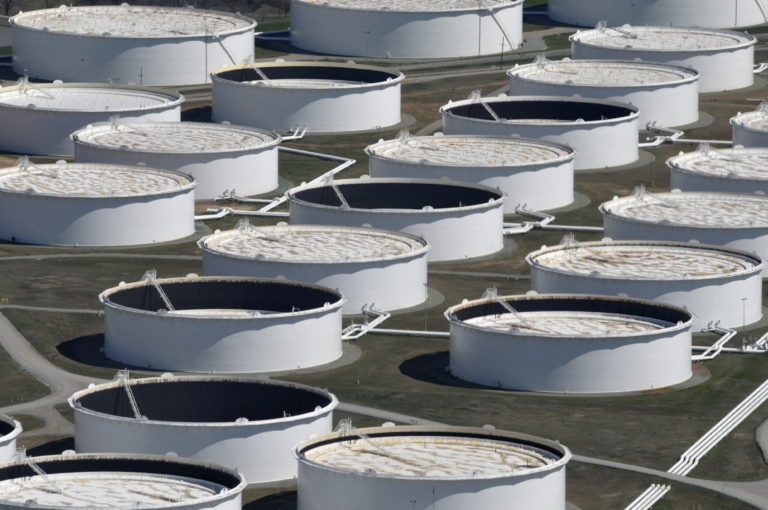
“Investors scooped up short-term profits on the news suggesting progress in the U.S.-Iran nuclear talks, but fresh buying kicked in again after the technical corrections as global supply is expected to stay tight,” said Tatsufumi Okoshi, a senior economist at Nomura Securities.
U.S. West Texas Intermediate crude fell 86 cents, or 0.93%, to $91.06 a barrel, after $92.73 earlier in the session.
Brent crude was down 20 cents, or 0.22%, at $92.53, after earlier touching $94.00, its highest level since October 2014.
U.S. President Joe Biden’s administration on Friday restored sanctions waivers to Iran to allow international nuclear cooperation projects, as the talks on the 2015 international nuclear deal enter the final stretch.
Although the sanctions relief will have limited impacts on Iran’s struggling economy, they were perceived by the markets as positive signal that both sides are determined to reach a deal.
Iran could quickly export millions of barrels of crude and help drive down red-hot oil prices if U.S. sanctions are lifted. It seems Iran has been moving oil into place to prepare for the eventual resumption of its exports.
“Investors expect more twists and turns in the U.S.-Iranian talks and no agreement to be reached anytime soon,” said Kazuhiko Saito, chief analyst at Fujitomi Securities Co Ltd.
Commerzbank analyst Carsten Fritsch said: “If the oil sanctions were also to be relaxed, this could help ease the oil market.”
Crude prices, which have already rallied about 20% this year, are likely to surpass $100 per barrel because of strong global demand, analysts have said.
The Organization of the Petroleum Exporting Countries and allies led by Russia, together known as OPEC+, are struggling to meet targets despite pressure from top consumers to raise production more quickly.
Fuelling supply concerns, tensions remain high in Eastern Europe, with White House national security adviser Jake Sullivan saying on Sunday that Russia could invade Ukraine within days or weeks but might still opt for a diplomatic path.